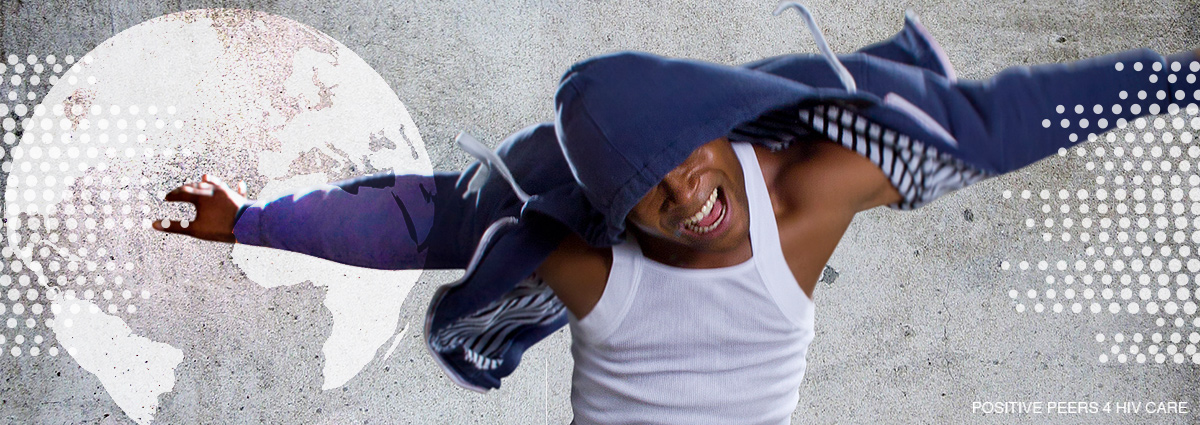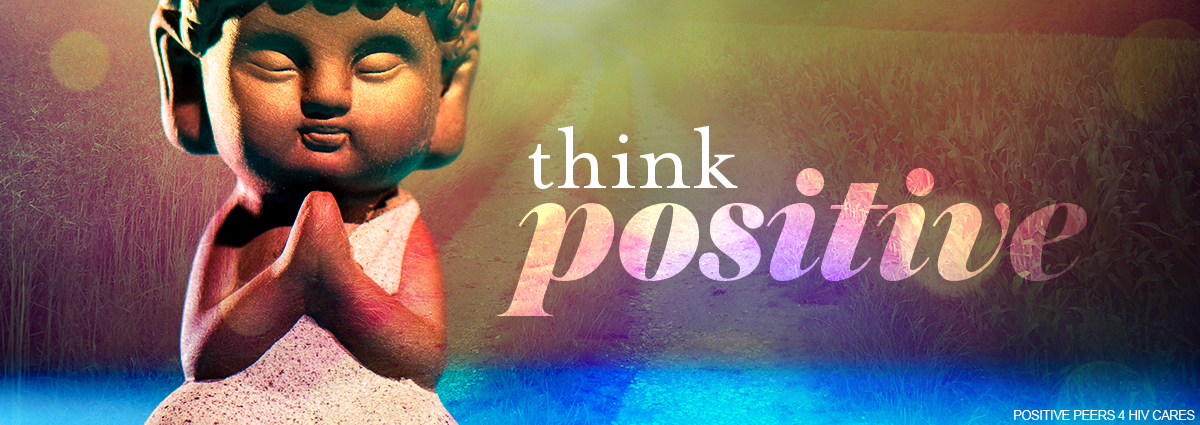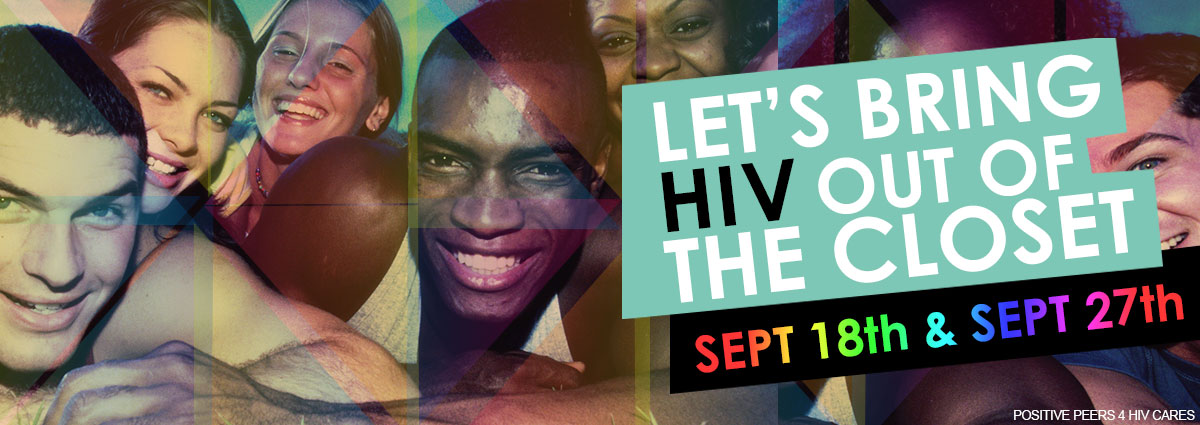
By: Jennifer McMillen Smith, LISW-S, HIV Social Worker at MetroHealth Medical Center and medically reviewed by Ann K. Avery, MD, Infectious Disease Physician at MetroHealth Medical Center
September is a great month to be an HIV activist! Here are two events to be put on your calendar:
- National HIV/AIDS and Aging Awareness Day on Sept. 18.
- National Gay Men's HIV/AIDS Awareness Day on Sept. 27.
These events are great opportunities to remind everyone that this virus hasn’t gone away and that we if we all work together we can keep people healthy and prevent it from spreading.
Here are some great ways you can get involved:
- Take a minute to post updates on your social media channels like Twitter, Facebook, and Instagram.
- Attend a local HIV support group.
- Plan a local awareness event.
- Make a fun and informative video to educate people in your community.
- Set aside some time to talk with your family and/or friends.
- Put in some volunteer hours as a peer mentor for those who are newly diagnosed or struggling with their status.
- If you’re living with HIV, give yourself a big pat on the back and take some time for yourself to do something you love because you’re a rock star!
You don’t have to do anything fancy like organizing a parade or creating a publicity stunt that gets covered on the nightly news (though those are both awesome things to do). The sooner we make HIV a normal public topic, the sooner we erase stigma and eventually HIV itself.
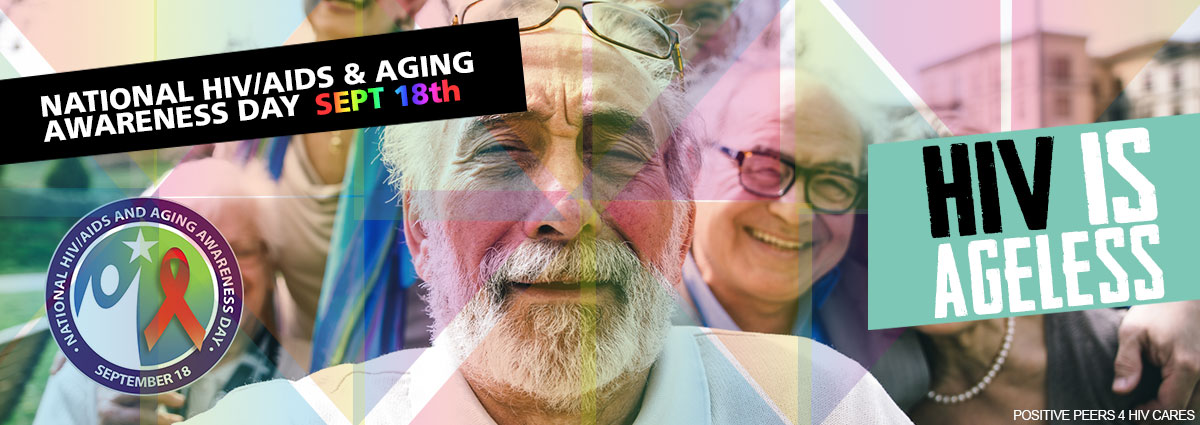
More on National HIV/AIDS and Aging Awareness Day (Sept. 18)
Can Grandma or Grandpa get HIV? You better believe it.
People tend to think that only young people are at risk for HIV. But that’s not true, people older than 50 have sex too, you know!
If grandma becomes a widow after decades of living with one man, she may start dating again without thinking too much about the risks of getting HIV. What’s more, doctors are less likely to test her for HIV, and they’re less likely to ask her about her sex life.
This creates a double whammy for older adults: Not only are they underestimating their risk of getting infected, but also sometimes doctors avoid the topic of sex with people over 50. Therefore, Uncle Larry is more likely to learn he is infected with HIV later in the disease’s progression phase than younger people would.
It’s time we stopped thinking about HIV as a young person’s disease! Federal health statistics say that about one out of every four people who have HIV (whether they know it or not) is 55 or older; that’s almost 320,000 people.
Getting the word out on National HIV/AIDS and Aging Awareness Day can remind everybody that the virus doesn’t have a senior discount.
Hashtag: #NHAAAD
- Stop by the AIDS Institute’s website for more ideas for raising awareness among older Americans.
- More great stuff at AIDS.gov
Come join our private, stigma-free, supportive community.
Health management tools with medication & appointment reminders.
Social networking in a community conversation & private chats.
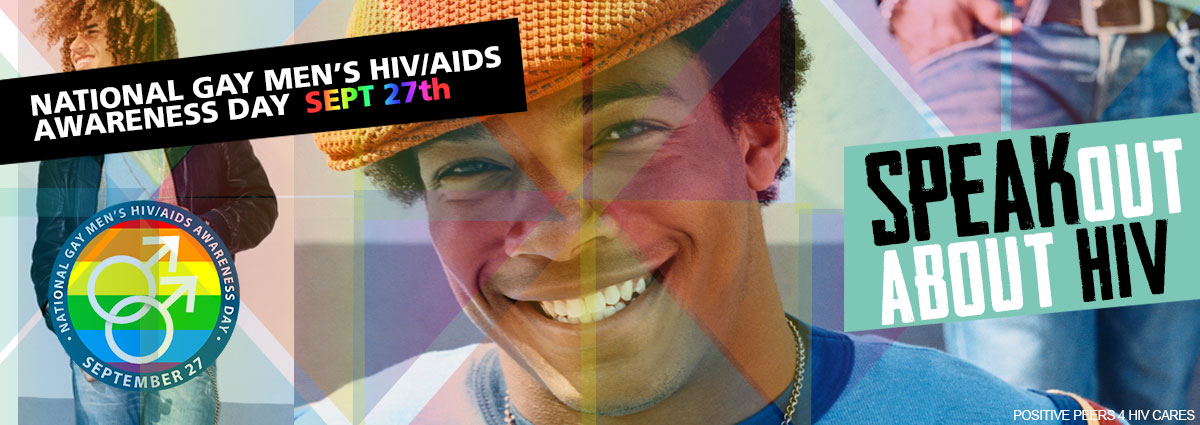
More on National Gay Men's HIV/AIDS Awareness Day (Sept. 27)
This event is about calling attention to the fact that HIV is still a serious health risk for sexually active gay and bisexual men. Does this make HIV a gay disease? Let’s be clear, the answer is and will always be NO. HIV doesn’t discriminate and neither should anyone else.
However, because of human biology and the nature of how HIV gets from one body to another, folks who have unprotected anal sex are at a high risk to contract the virus.
While it’s true that both men and women have anal sex on a regular basis, the options for gay men are a bit more limited in this department and so we tend to find a good amount of gay men at a pretty high risk for HIV infection.
A few wake-up call stats from the Centers for Disease Control and Prevention:
- In 2014, gay and bisexual men accounted for 83% (29,418) of estimated new HIV diagnoses among all males aged 13 and older and 67% of the total estimated new diagnoses in the United States.
- At current diagnosis rates, one-sixth of all gay and bisexual men in the U.S. will be diagnosed with HIV in their lifetimes — including one-half of black/African American gay/bisexual men; one quarter of Hispanic/Latino gay/bisexual men; and 1 in 11 white gay/bisexual men.
Somethings to remember here:
- Simply being gay or bisexual doesn’t mean you will get HIV. You determine your future!
- If you’re gay or bisexual and living with HIV, you are beautiful and you are loved. You did nothing wrong, don’t let people tell you otherwise. Keep rocking your treatment and go chase those dreams!
- Lastly, education is key. We can help change the stigma and number of new HIV diagnosis if we educate ourselves and others about sexual health and the options out there, like PrEP, that can help people stay HIV negative.
That’s what awareness days are all about.
Hashtag #NGMHAAD
Related Blogs:

